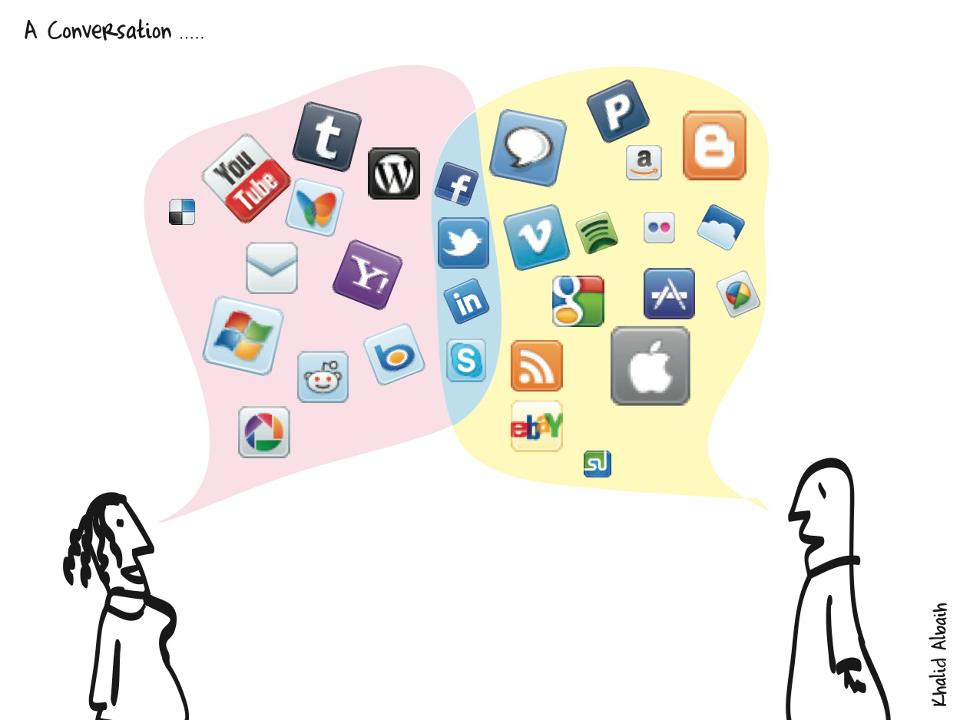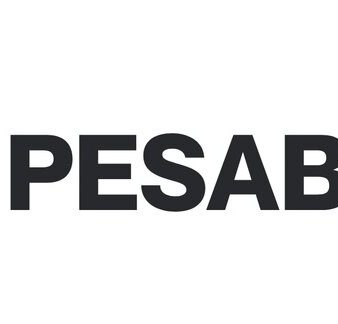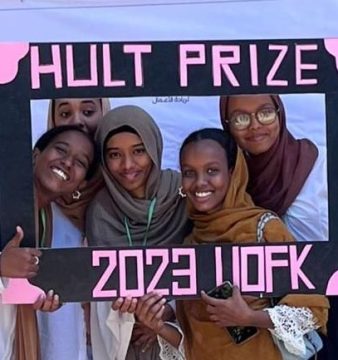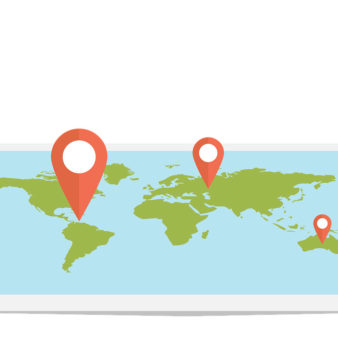Virtual personas and new age dictatorship: social media in Sudan
Self-concept and self-esteem are what form our identity. Self-concept is, “the Totality of a complex, organised and dynamic system of learned beliefs, attitudes and opinions that each person holds to be true about his or her existence.” Self-esteem refers to the emotional side of the self. Individuals develop and maintain their identity through the process of action and reflection. Therefore they change over time and given that one’s own opinion about oneself is biased, the voice of others is generally more trusted.
Having an online profile on a social media platform is similar to drawing a self-portrait that offers the personal, professional and social standing of their subjects, they show us how the artist sees himself and how he wishes to be seen, hence portraits can both hide and reveal. Our online portraits today contain carefully manipulated photographs and perfectly articulated biographies. They are interactive, inviting viewers to look at and respond to. We create them to reveal ourselves; trying to show the best version – the age-long human desire for attention and approval is what dominates. On Twitter, you check someone’s profile and see what they usually tweet or how many followers they have to decide whether to add this new ‘connection’. The ‘Follow Friday hash tag’ is an advertisement for someone’s online persona. This is an encouragement for already ‘famous’ people to continue feeding their followers, as well as a pressure tool on those less famous to raise their caliber. So does this technology, with its constant demands to collect (friends and status), and perform (by marketing ourselves), undermine our ability to attain a surer sense of who we are?
Creating friendships is one of the roles of social networks; defined traditionally, friendship is a relationship involving sharing mutual interests, trust, and the revelation of intimate details concealed from the rest of the world. Friendship online is very different: public and promiscuous, and oddly bureaucratised it focuses a great deal on collecting, managing, and ranking the people you know. Twitter is designed to encourage users to collect as many followers as possible; you are unfortunate if your page reads one follower along with the sad understanding that people aren’t interested in your opinions, from your daily routine to your view on world politics. Online relationships amongst Sudanese youth are therefore built mostly on weak ties – those who follow thousands of people don’t think of them the same way they do real-life acquaintances, but still aim to interact with them. Users with a thousand followers are surely unable to build healthy relationships with them but use them to feed a growing need for approval.
Twitter provides a platform for Sudanese youth to discuss an array of controversial issues that in reality are not so easily discussed. This gap hinders the path of a healthy social progression. A need to create leaders amongst our online communities is created, to guide and help us form opinions. These idolised and polished individuals are pushed to narcissism. Before we know it online dictatorships are created.





